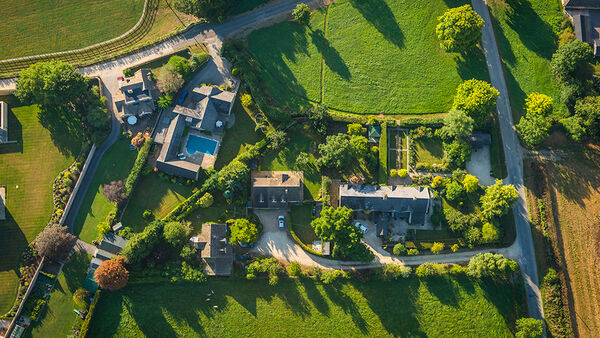Sometimes a Will or Deed does not accurately or correctly reflect the wishes of the Deceased. In such cases, it is sometimes possible to correct an error if it can be shown with certainty what the Will or Deed should have said. This can happen where, for example, it can be shown that the person who drafted the Will or Deed did not understand the wishes of the deceased.
Grounds for Rectification
The grounds for rectification are set out in Section 20 of the Administration of Justice Act 1982. The only basis upon which an application for rectification can succeed is if one of two grounds are made out:
- A clerical error can be demonstrated
- It can be shown that the error arises as a result of a failure to understand the intentions of the person making the Will or Deed
A “clerical error” is “an error made in the process of recording the intended words of the testator and the drafting or transcription of his Will”. The issues will be judged on the civil standard of the balance of probabilities, i.e. That it was more likely than not that the testator intended something else.
The three questions for the Court to consider are
- What were the intentions of the testator with regard to the issue over which rectification is sought?
- Does the Will fail to carry out those intentions?
- Is that failure a result of (a) a clerical error or (b) a failure to understand the instructions given?
These grounds for rectification are limited and do not allow a Will or Deed to be “amended” just because someone later thinks that the testator may have wished to do something different.
Evidence will be needed to demonstrate the original intentions, and that is often in the form of a solicitors’ file or other record.
Time limits
The time limit for bringing a claim under Section 20 Administration of Justice Act 1982 is 6 months from the date of issue of a Grant of Probate. It may be possible in some cases to bring a claim outside of that time period, but permission from the Court will be required.
Construction claims
In some cases, the wording of a Will may be open to interpretation. Where more than one meaning can be read into the Will, it may be necessary to bring a claim to seek clarification of how the Will should be interpreted. This is known as a “construction” claim.
Construction claims require an application to be made to the Court with evidence to support any argument as to how a Will should be interpreted. The Courts will then make a decision as to how the terms of the Will are to be applied.
Professional Negligence
It is usually the case that an application for rectification of a document or for a construction claim will lead to a claim for professional negligence against the person who drafted the Will or Deed.
The nature and extent of the loss caused – and so the amount of compensation to be claimed – will depend on the facts of each individual case but will usually include the costs of any application to the Court to rectify or clarify the Will or Deed.
Expert Advice
Applications for rectification of a Will or Deed or construction applications (and the resultant professional negligence claims) are best made with the expert advice of solicitors with experience in this area of the law.
Our Team are led by ACTAPS (Association of Contentious Trusts and Probate Specialists) solicitors who have a wealth of experience in making this type of application to the Court.
If you have concerns about a Will or Trust, please contact our expert team here.





